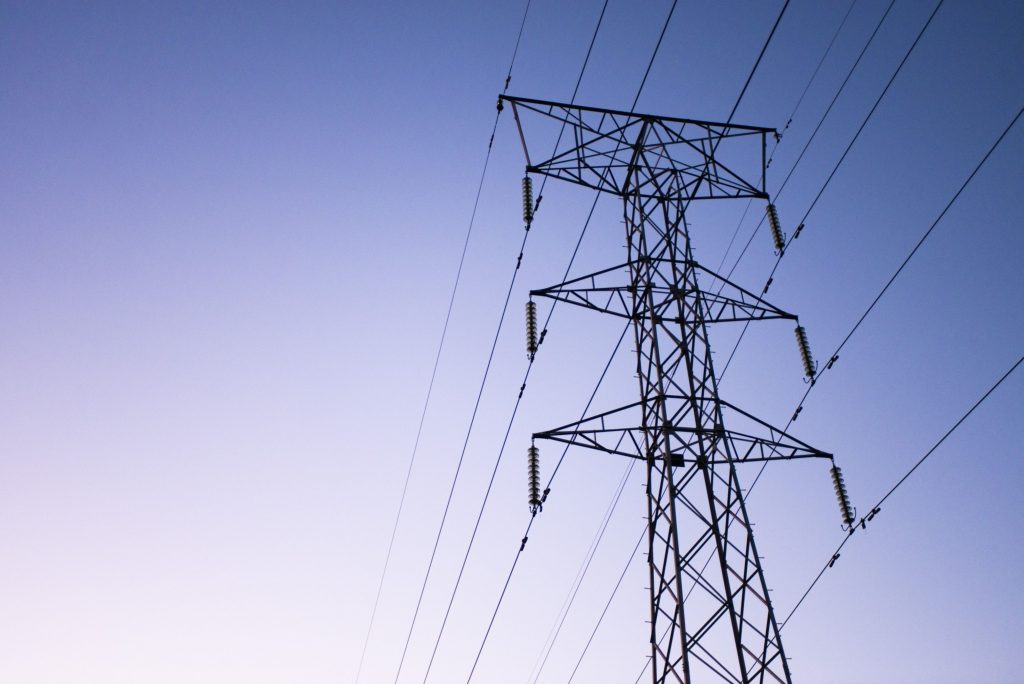The National State of Disaster regulations were published on Monday, ostensibly to cut red tape and improve Eskom plant performance, while allowing for the connection of new generation capacity to the grid.
The declaration of a state of disaster, announced by President Cyril Ramaphosa in his State of the Nation (Sona) address earlier in February, addresses the electricity crisis facing the country and seeks to avert a total blackout.
Read:
The regulations are intended to minimise the impact of load shedding on essential services such as health, police, education, food security, communications and water supply.
All sections of government have been instructed to adopt energy-saving measures while ensuring the continuous operation of health services, water infrastructure and other essential services.
Ministerial powers
Cabinet ministers may grant exemptions from load shedding or reduced load shedding schedules “to specified essential infrastructure and services where technically feasible” and in alignment with the requirements of the system operator (which in most instances would be Eskom), provided there is no risk of throwing the country into higher stages of load shedding.
The regulations remove impediments to the development of new generation capacity, and will cut red tape for new electricity generation projects.
This includes designating a single department or institution to process applications, or the ability to stipulate maximum timeframes for decision-making.
The war on red tape includes allowing exemptions or expedited approvals for energy generation under two acts that have slowed approvals for energy use in the past – the Subdivision of Agricultural Land Act, and the Spatial Planning and Land Use Management Act.
Environmental pause-button, and more
Any upgrades, refurbishments or repairs of existing energy infrastructure will be excluded from the provisions of the National Environmental Management Act for the duration of the state of disaster.
The regulations allow for the facilitation of the private sale of electricity by individuals, private institutions or organs of state to licensed distributors, as defined in the Electricity Regulation Act.
They also allow for the expedited import of electricity from neighbouring countries; or the issuing of guidelines or rules for licensed distributors to implement net billing and other mechanisms aimed at facilitating small-scale embedded generation; as well as “wheeling” of electricity (where electricity is delivered to an end user in another part of the country using an existing transmission network).
The regulations also allow for expedited recruitment of skilled personnel to assist Eskom in delivering on its Generation Recovery Plan.
Water
Water boards and municipalities must revise their minimum operational levels for reservoirs, increase water treatment and reservoir storage capacity, and take measures to maximise water treatment while electricity is available.
Read:
At the same time, water boards and municipalities that are “water service authorities” are exempted from penalties for exceeding notified maximum demand levels during load shedding.
Emergency procurement
The Auditor-General will conduct real time audits and report on the accounts and financial state of all emergency procurement undertaken during the state of disaster.
Accounting officers are required to take steps to ensure anti-corruption measures are implemented during emergency procurement.
Any emergency procurement must be published and reported to Parliament in the month in which it occurs.
Essential infrastructure
The essential infrastructure that may be exempted or given reduced load shedding schedules are:
- Health (including military health);
- Water (including water treatment plants);
- Rail and ports;
- Food production and storage where feasible; and
- Critical electronic communication and broadcasting infrastructure.
Read:
State of disaster: No room for business to assist
Mr President, the answer to Eskom’s woes can be found in a mirror

